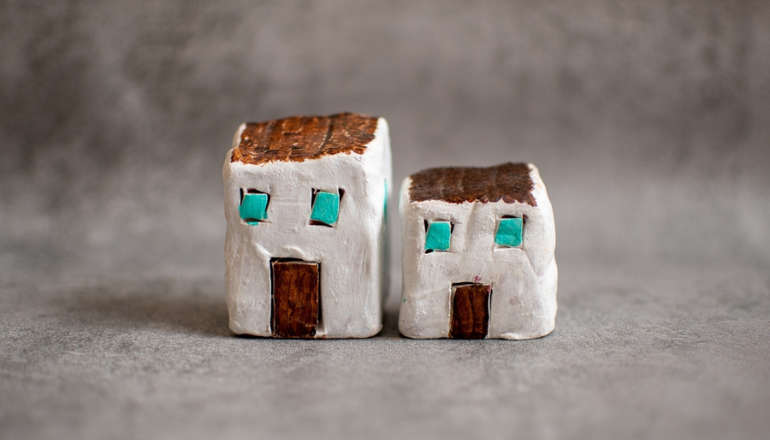
Taxing second homeowners on the Isle of Wight could make the Island’s cash-strapped council more than £6 million a year.
It comes as national government looks to introduce powers for local authorities — like the Isle of Wight Council — to apply tax premiums on second homes and empty properties.
As of last month, there were 2,787 second homes on the Island and 135 empty properties, figures from the authority show.
If introduced, owners of a second home would pay 100 per cent more council tax, on top of what they already pay.
That would see another £6,090,784 put in the council’s pockets.
Another tax premium could also be introduced for properties that have been empty for a year, in a bid to encourage more empty homes into productive use.
That would bring the council £286,894 a year.
The council’s cabinet is looking to support the government’s plans at its meeting next week.
The authority cannot bring the tax premium in itself but has to wait until the bill (called the Levelling UP and Regeneration Bill) has been made law.
The charges could then be enforced from April 2024.
The Isle of Wight Council is looking to introduce the tax premiums as approximately 15,000 households struggle to accommodate themselves in the local housing market.
Since the pandemic, the council said 80 per cent of privately rented stock has become unavailable for long-term lets as well as an uptake in second home and short-term lets.
The authority has said second home ownership on the Island is recognised to have a negative impact on the availability of houses to meet local housing needs.
The legislation has already been introduced in Wales and in 2021/22, nearly 29,000 homes paid the premium.
In some areas, the number of second homes has been reduced.

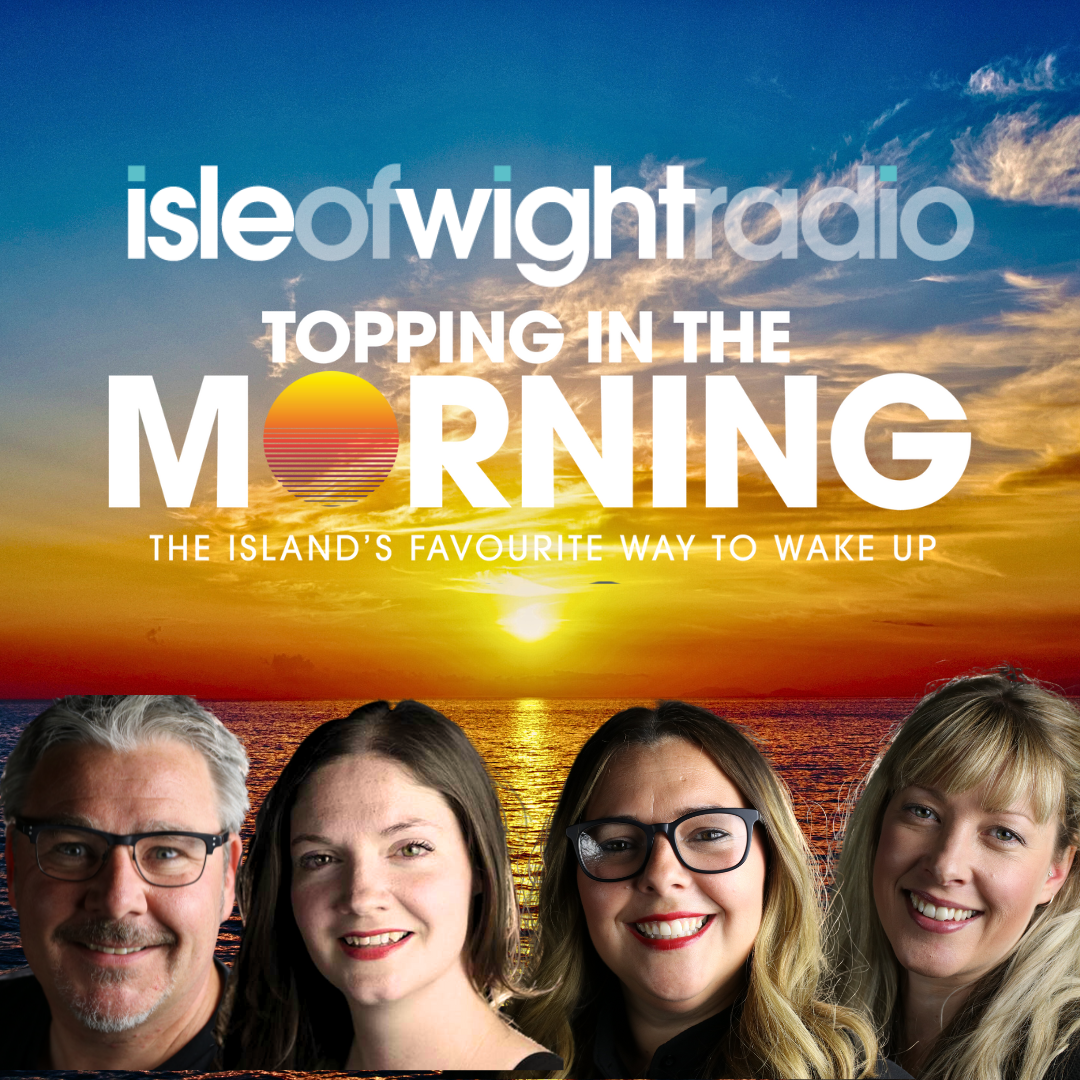
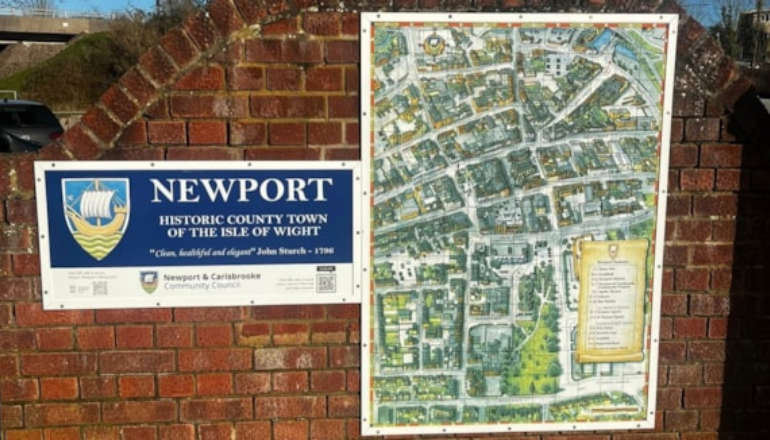 Heritage Action Zone Funding Sees New Town Maps Installed Around Newport
Heritage Action Zone Funding Sees New Town Maps Installed Around Newport
 Isle Of Wight Schools Unite For Mufti Day To Support Local Teen Arlo
Isle Of Wight Schools Unite For Mufti Day To Support Local Teen Arlo
 Round The Island Race Entries Open
Round The Island Race Entries Open
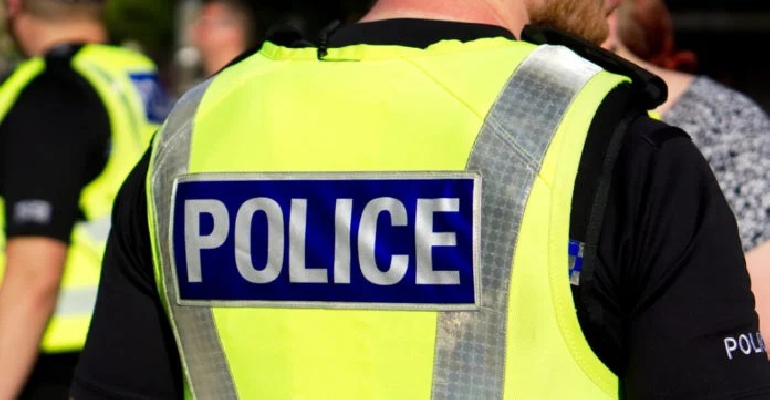 Investigation Underway After Sandown Pharmacy Break-In
Investigation Underway After Sandown Pharmacy Break-In
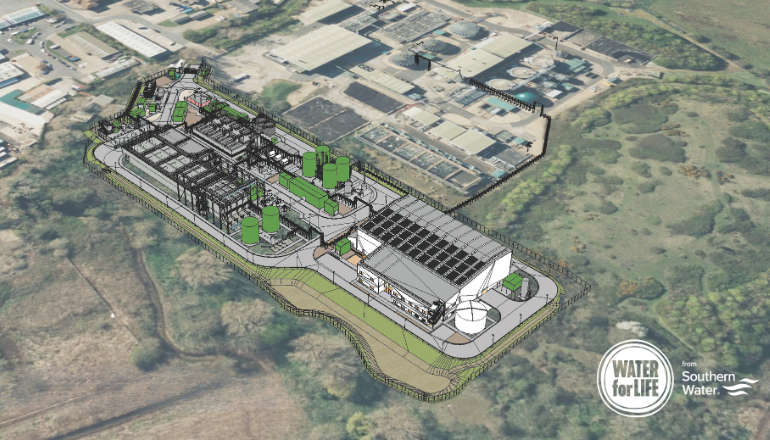 Island Views Sought On New Water Recycling Project
Island Views Sought On New Water Recycling Project
 RNLI Urges Public To Stay Safe As Storm Éowyn Hits UK
RNLI Urges Public To Stay Safe As Storm Éowyn Hits UK
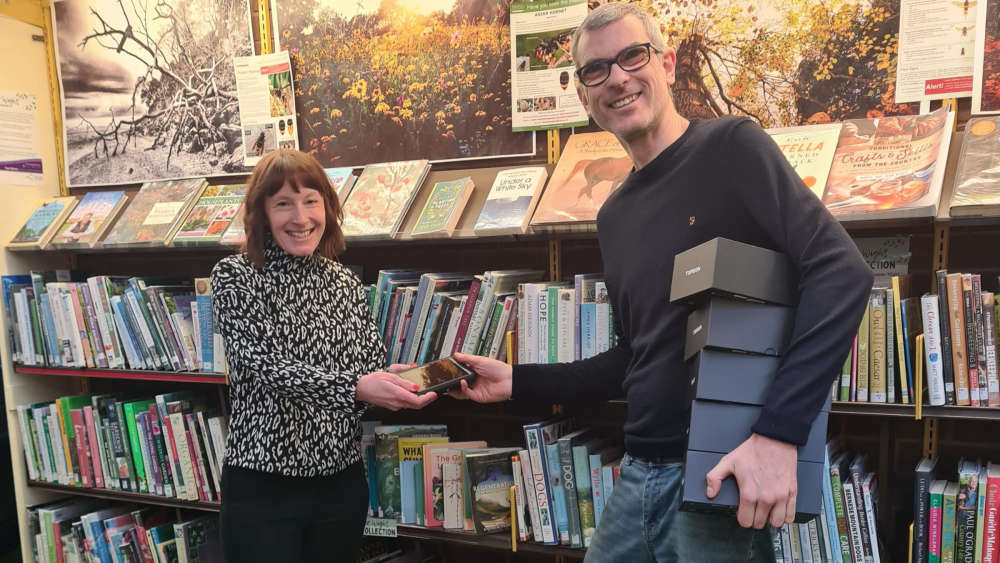 Borrow A Thermal Camera To Find Cold Spots In Your Home
Borrow A Thermal Camera To Find Cold Spots In Your Home
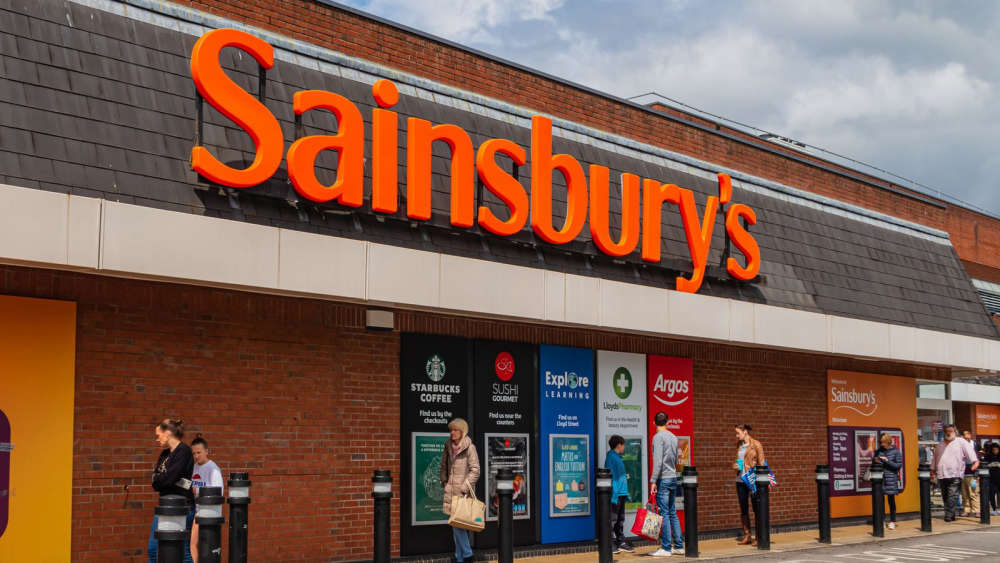 Newport Sainsbury's Café Set To Close As Part Of Supermarket Cuts
Newport Sainsbury's Café Set To Close As Part Of Supermarket Cuts
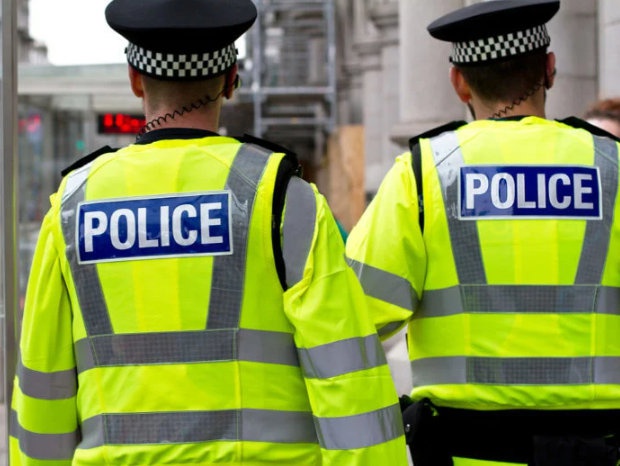 Three Men Charged In Connection With Sandown Hotel Burglary
Three Men Charged In Connection With Sandown Hotel Burglary
 Four Arrested And Two In Hospital Following Newport Burglary
Four Arrested And Two In Hospital Following Newport Burglary
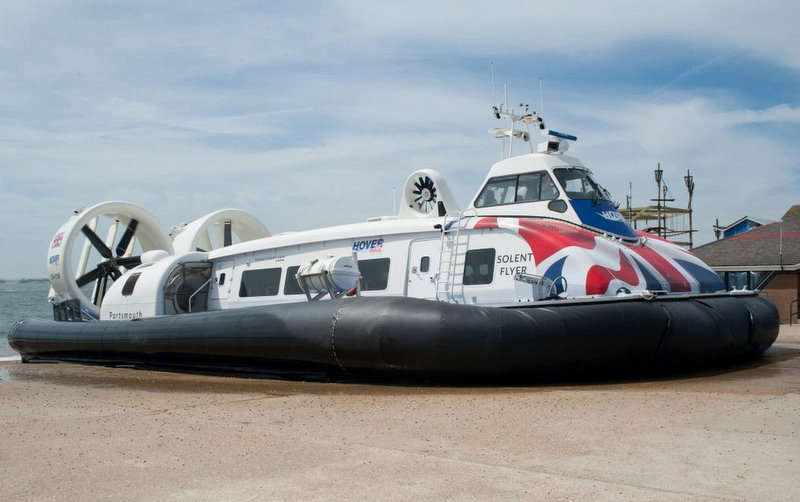 Hovertravel Set To Reduce Services Due To Financial Pressures
Hovertravel Set To Reduce Services Due To Financial Pressures
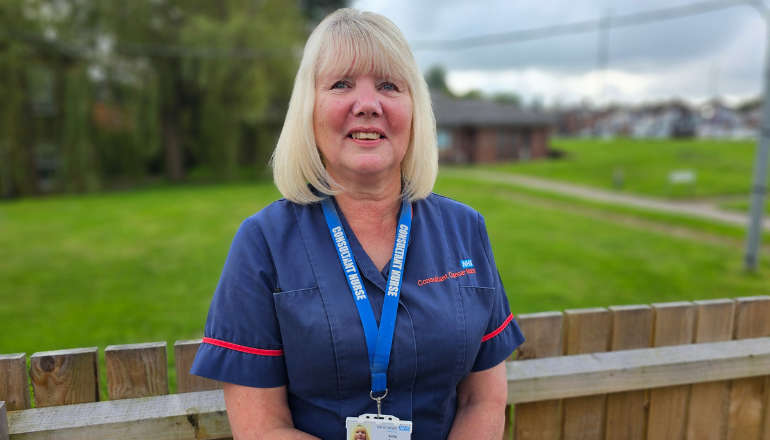 Islanders Invited To Share Experience Of Cancer Treatment
Islanders Invited To Share Experience Of Cancer Treatment
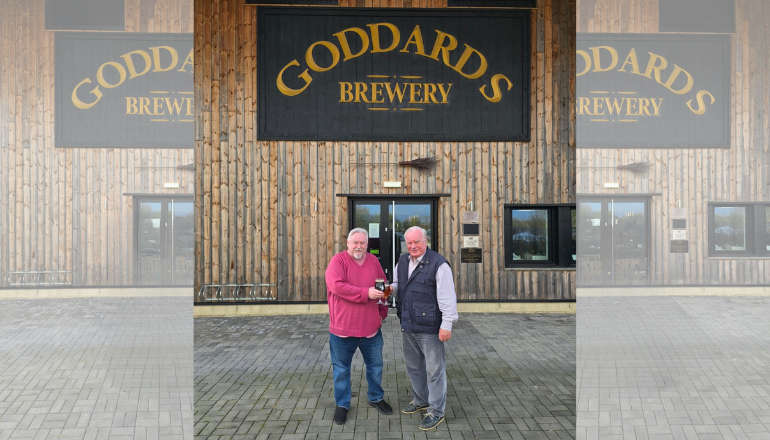 Powder Monkey Group Acquires Goddards Brewery
Powder Monkey Group Acquires Goddards Brewery
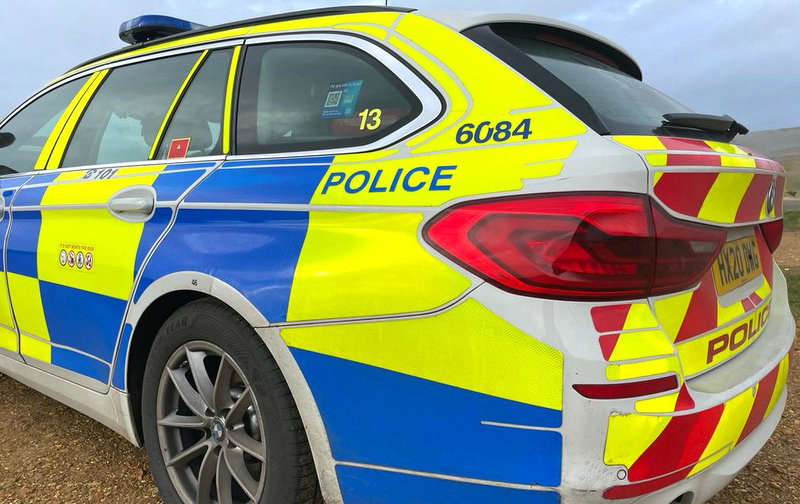 Primary School Locked Down After Man Enters In Need Of Medical Assistance
Primary School Locked Down After Man Enters In Need Of Medical Assistance
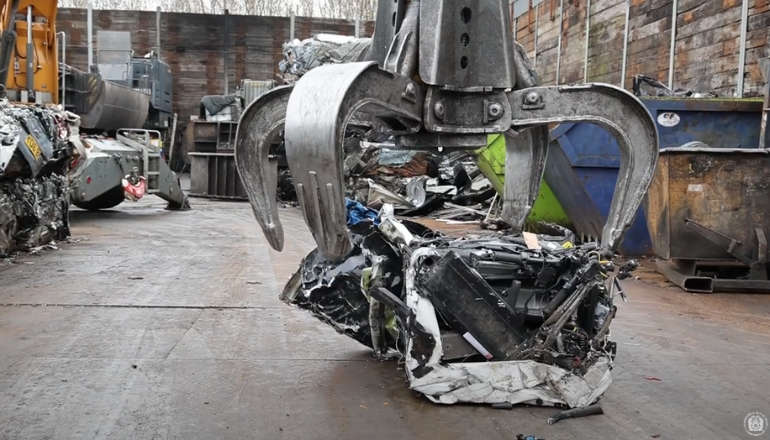 Criminals Dealt Crushing Blow As Seized E-Scooters And Electric Motorcycles Destroyed
Criminals Dealt Crushing Blow As Seized E-Scooters And Electric Motorcycles Destroyed
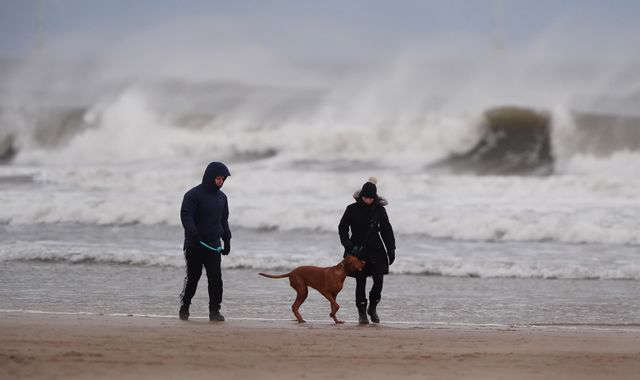 Isle Of Wight Weather Warnings Issued With Storm Éowyn Forecast To Bring 80mph Winds
Isle Of Wight Weather Warnings Issued With Storm Éowyn Forecast To Bring 80mph Winds
 Friends Of St Mary’s Hospital Donate £27,000 To Support Patients And Staff
Friends Of St Mary’s Hospital Donate £27,000 To Support Patients And Staff
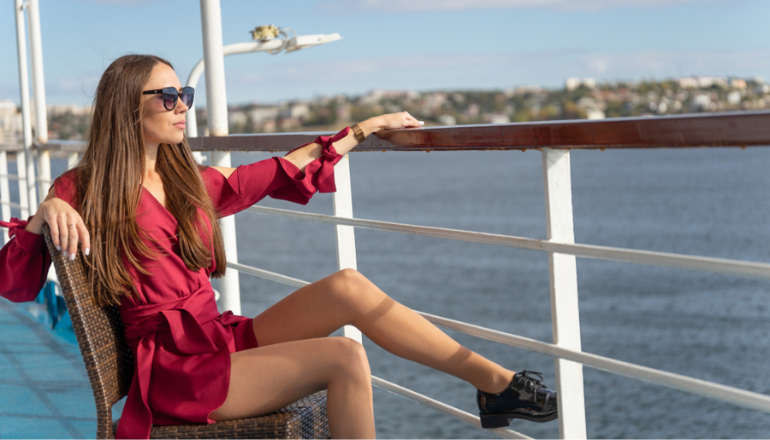 Wightlink Invests In Its Portsmouth Car Ferry Port
Wightlink Invests In Its Portsmouth Car Ferry Port
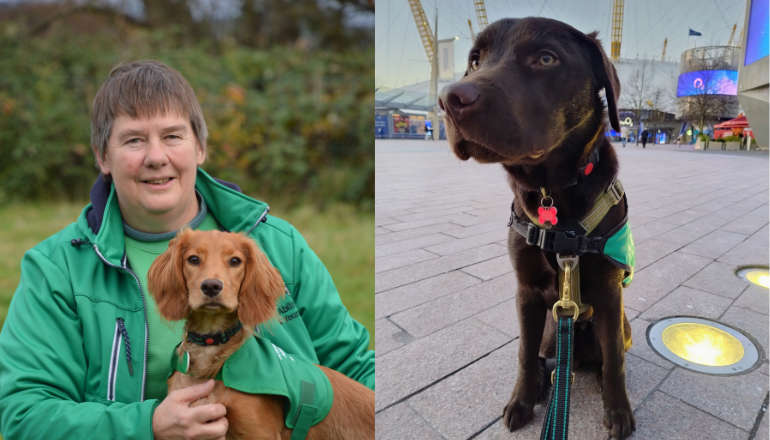 Isle Of Wight Charity Leader Honoured With BBC One Show Recognition
Isle Of Wight Charity Leader Honoured With BBC One Show Recognition


